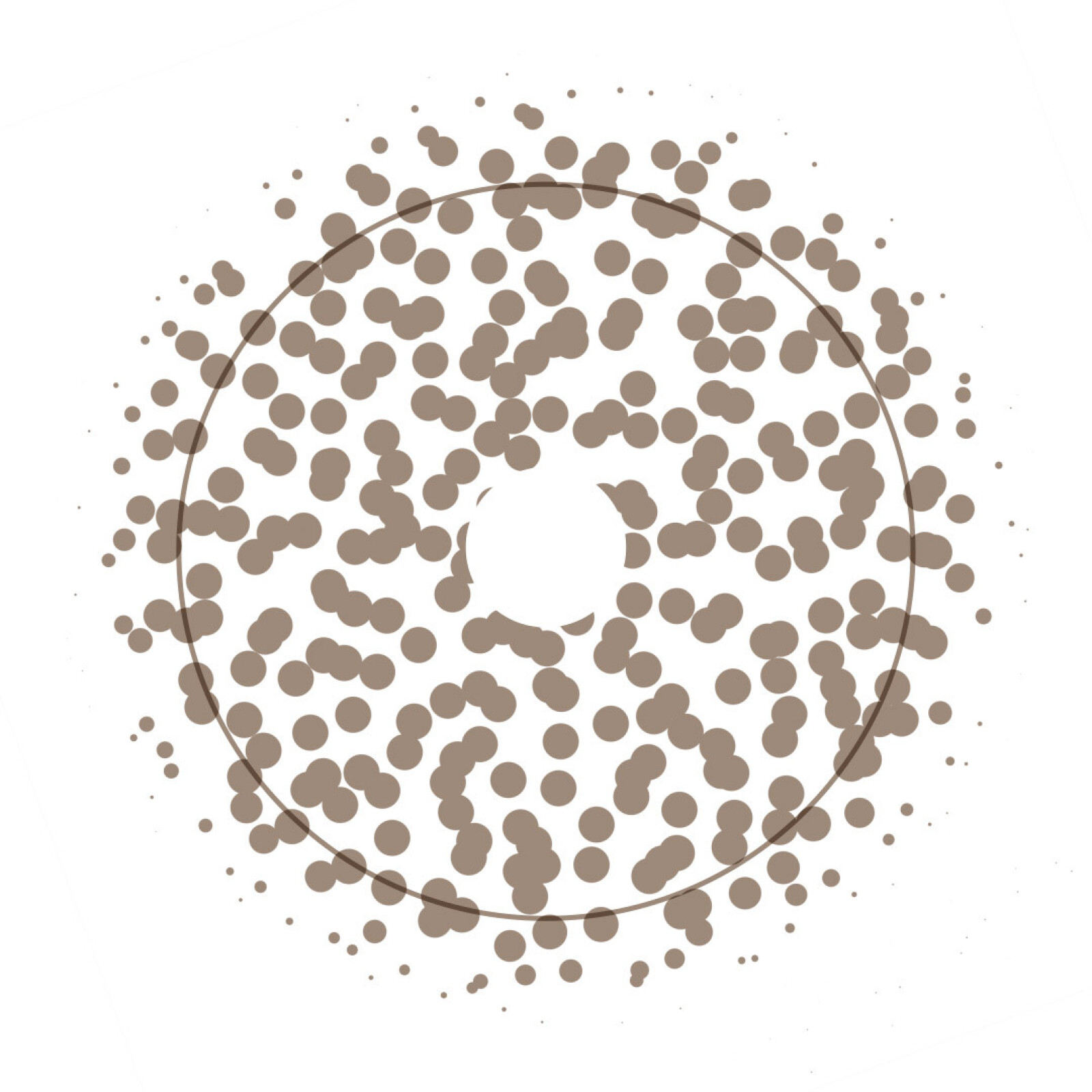Today, we are publishing two cultural policy reports across circular fashion and the screen industries which suggest how the UK cultural sector might adapt to meet national net zero commitments.
In January of this year, we appointed six fellows from across the UK design landscape to better understand the next stage of sustainability best practice and suggest recommendations of how UK policy might adapt or support accordingly.
Today, we are sharing the second chapter of this research, with two reports from the Institute of Positive Fashion (part of the British Fashion Council) and Studio Ulster at Ulster University. The research is commissioned, funded and coordinated by Future Observatory at the Design Museum, in partnership with AHRC; and supported by the Department for Culture, Media and Sport (DCMS) via UK Research and Innovation (UKRI).

Institute of Positive Fashion, British Fashion Council
Designing the Green Transition UK fashion interventions to implement a circular fashion ecosystem: upstream
The Institute of Positive Fashion sits at the heart of the British Fashion Council and is playing a critical role in accelerating the UK’s transition to a circular fashion economy . Their cultural policy report research has a focus on upstream themes across fashion supply chain ( design, sourcing and manufacture) to answer the primary research question: how sector interventions can enable implementation of a circular fashion ecosystem, specifically in the upstream supply chain? This research builds on publications from the IPF’s flagship strategic programme, the Circular Fashion Ecosystem (CFE) Project published in 2021, which sets out a target circular fashion ecosystem for the UK through a framework of actions mapped to leading and enabling stakeholders .
Ulster University & Studio Ulster
Virtual Production’s Role in Carbon Reduction and Net Zero Production in the Screen Industries
Studio Ulster is a large-scale 75000ft2 virtual production studio complex, part of the Belfast Region City Deal. The £72 million project and facility is a partnership led by Ulster University with Belfast Harbour Studios and Northern Ireland Screen. In their report, Ulster Studio at Ulster University investigates the role of Virtual Production in reducing carbon emissions within the screen industries. The report highlights the transformative nature of this nascent technology and its potential to revolutionise production workflows whist at the same time significantly reducing carbon emissions in the production cycle of film, television, animation, games and other new emerging digital entertainment forms. It is a technology solution that will also support ambitions across the screen sector to push towards net zero content production.
Read the two reports below, or browse the Future Observatory library.
This research is supported by the DCMS Science and Analysis R&D Programme, according to UKRI’s initial hypotheses and output requests. Any primary research, subsequent findings or recommendations do not represent DCMS views or policy and are produced according to academic ethics, quality assurance and independence.



